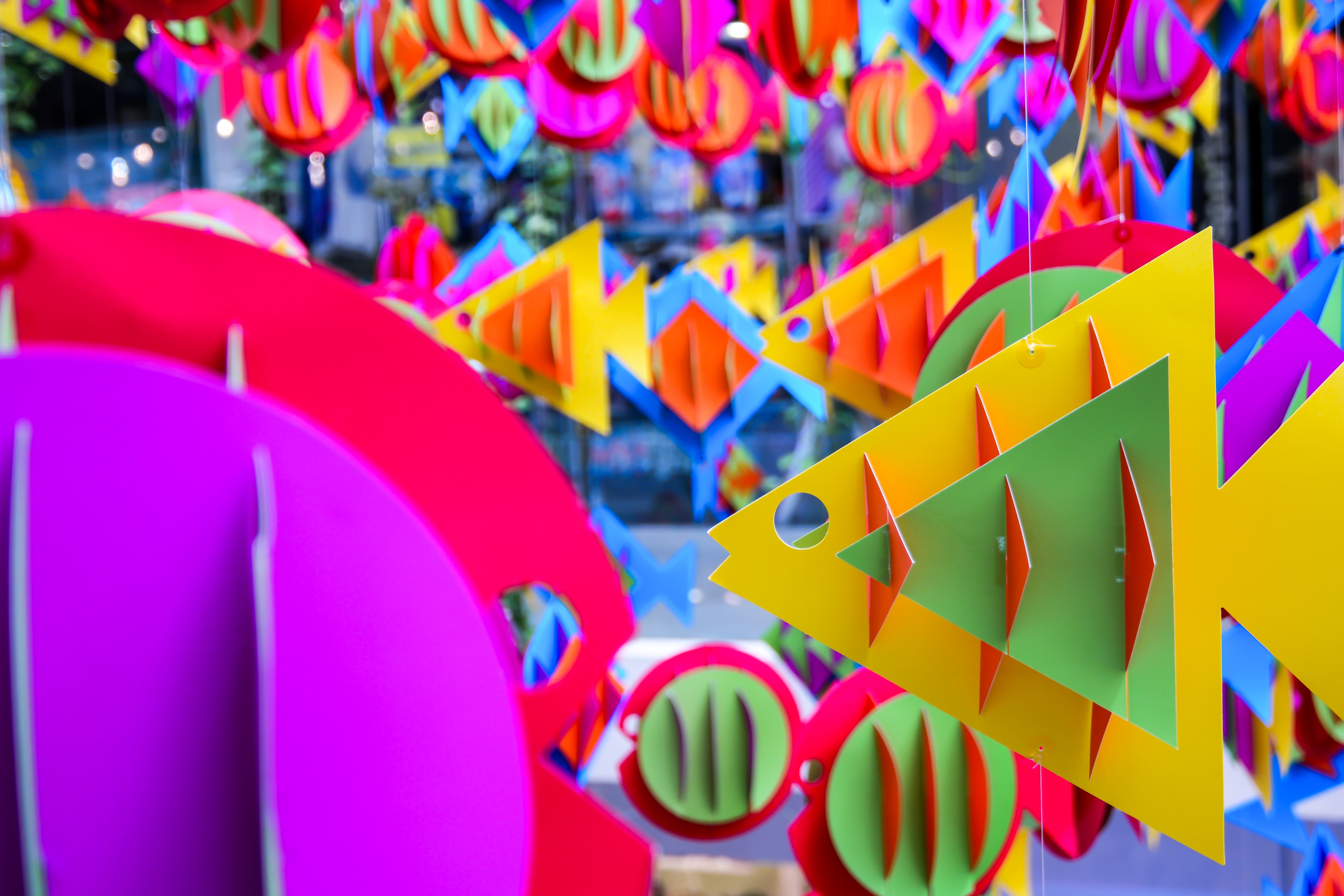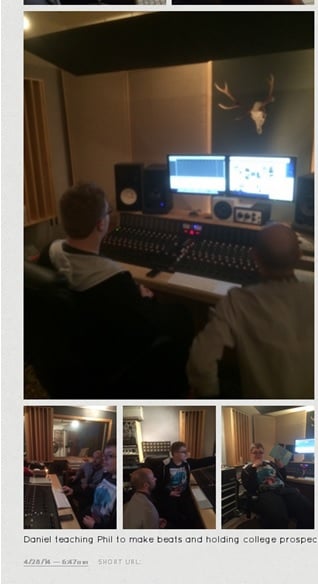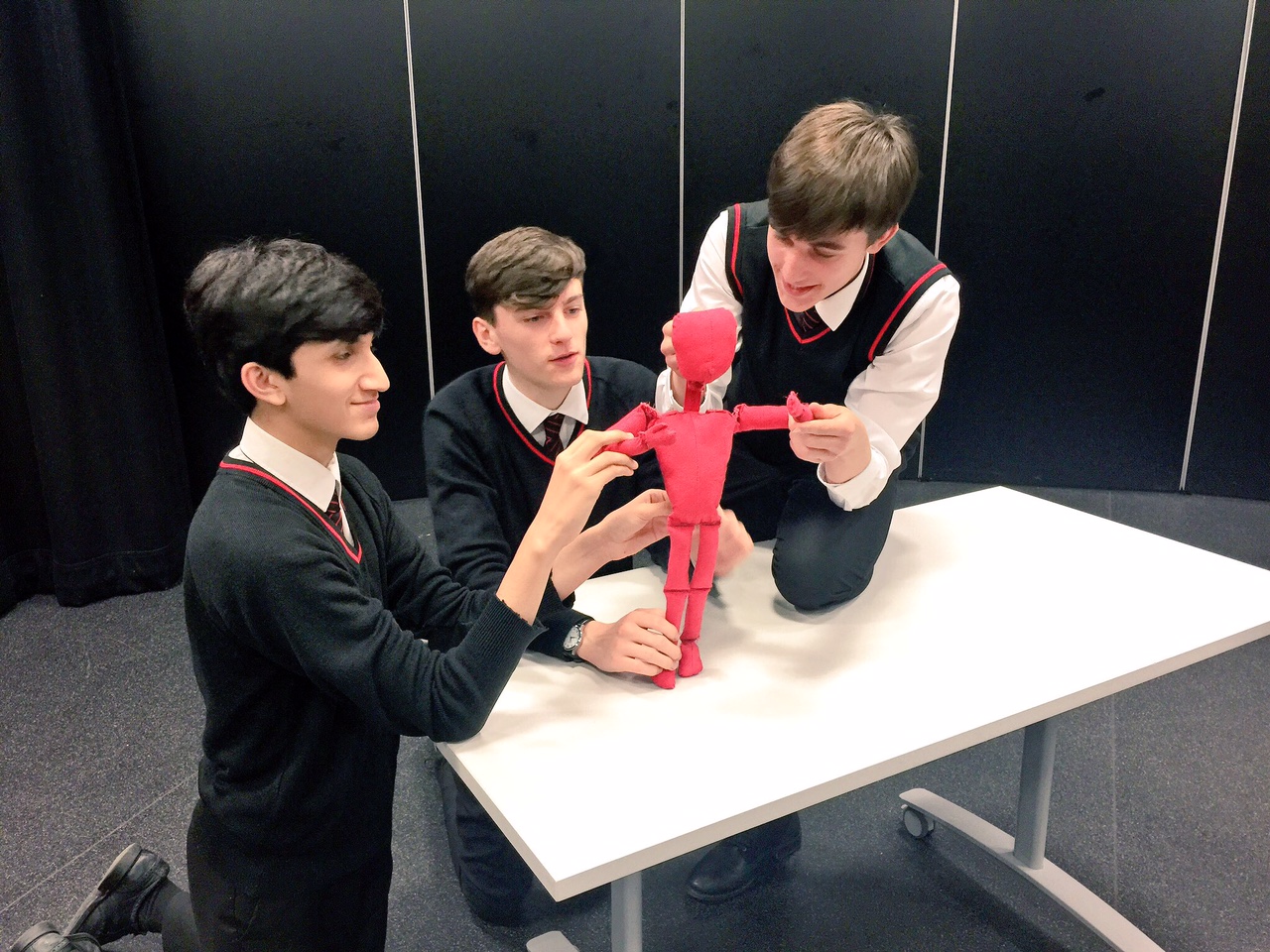
Delivering Arts Award Remotely – Offline!

BY: Julie Neville
03 Feb 2021
We have provided many blogs exploring how to deliver all levels of Arts Award remotely and using online tools over the past few months, and our EERF guidance also helps. However, with the ongoing school closures and lockdowns, and the increased awareness of how much time young people are spending on screen and that others don’t have access to the right tools to engage with online learning, we wanted to take a slightly different approach. This blog explores ways to use the Arts Award framework for remote – not online – creative learning to take place at home, with a focus on Bronze.
While you may wish to set young people off with an introduction session over the phone, don’t be afraid to let young people then get on with various parts of their Arts Award without it needing to be ‘live’ teaching or video/screen based. You could plan in regular checks in again online or by phone to see how young people are getting on an answer any questions they have. We would still recommend that portfolios are created digitally where possible, or young people are able to photograph their hard-copy work as they go and send this in to an adviser to collate in a digital format. This will help to ensure that young people can be moderated and achieve their Arts Award qualification even if we haven’t yet been able to return to live and postal moderations.
We are always happy to look over proposed log books or materials advisers create to support their projects, and it may be that you think about providing printed or hard copy templates or resources for young people with limited or no access to online tools.
Part A
Young people need to develop their arts skills and record their progress. Some ideas for this part include:
- Try out some craft with materials to hand at home
- Draw or paint a scene from a garden or out of a window, or try a self portrait
- Try out an upcycling project by transforming unwanted rubbish into a brand-new invention or product
- Have a go at playing a musical instrument or make an instrument from recycled materials
- Write a poem or a short story, editing the work and showing progress through the edit process
- Create a script or mini play and bring this to life
- Try out some circus skills like juggling, mime, clowning or magic
- Have a go at some trash fashion using recycled materials
- Create a mini museum of family heritage and display information and items
- Grab a sewing kit and get creative with some spare fabric and different stitches
Young people can record their progress through video, photos, diary entries and more, and can log this on a hard-copy templates or via a digital portfolio depending on what suits your group. Remember to encourage young people to reflect on their progress.
Part B
Many ideas we have previously shared for Part B include viewing recorded or streamed arts content, or visiting a museum virtually. However, there are other ways to achieve this part without needing the internet or a screen:
- Read and review a book. Some libraries are still operating on a click and collect basis (depending on local restrictions and safe access), and schools may be able to post books to families without access to digital tools.
- Young people could listen to a radio play or podcasts and review their creative impact
- Listen to an album and review it as a whole experience, considering the track-list, themes, songwriting, background, composition, meaning, instrumentals and how it made you feel
- Read a magazine feature and review it as a piece of writing, considering the content, style and layout and including things like imagery or use of visual aids. You may also want to curate some creative writing to send to young people, such as poetry or short story collections.
- Take part in an outdoor street art tour or curated shop window walk. This can be self-directed and form part of your allowed outdoor exercise
Remember that reviews don’t need to be written, and could take the form of a poster, audio recording or voice note or any other format. Young people can share their reviews with their household.
Part C
While this part may appear the trickiest Part to complete without the internet or using screens, there are ways to achieve it! As an adviser you might want to put together a bundle of articles or magazines together for young people to use as research, and post or drop this off at home. Alternatively, young people might have several books by the same author in the house, or be able to look at a journalist who is often in the papers which they may have at home. The radio is also a great source of information.
Young people could also look to interview a member of their family or friends – remember that their Arts Inspiration doesn’t need to be someone famous and could be a family member or peer but should be someone who considers themselves to be an artist. Young people could also interview you as their adviser and a creative practitioner they know and trust.
Part D
Young people need to plan and share an arts skill with somebody else. They could focus on the arts activity that they tried out in Part A and make a plan to show a household or family member how to do it, or they could choose an entirely different arts activity to share with them.
This could be a mini workshop for one person or the whole household, depending on how confident they are feeling.
If the young person would rather not share the arts skill in person, how about making a Zine or a creative instruction manual to guide them through the activity?
Afterwards they can ask participants to provide some feedback about what they thought of the session, they could use post-its or a hand-made survey to reflect.
However you are delivering Arts Award we hope it continues to be successful and enjoyable for the young people you work with. Do get in touch if we can help, or access our range of free support.
Related posts
BY: Cathy Thornhill




Comments & Replies